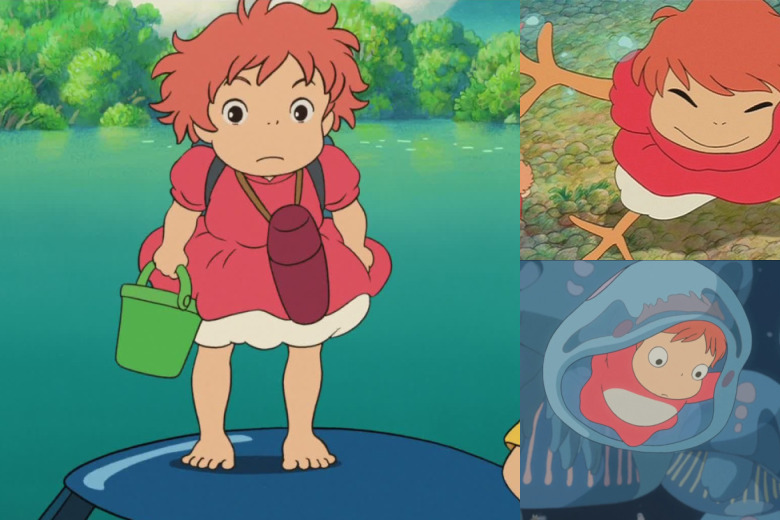Complex Identities in Contemporary Animated Cinema between Posthumanism and Ecocriticism
Parole chiave:
Animation, Posthumanism, Identity, Ecocriticism, AgencyAbstract
This paper shows how animation emerged as a suitable medium for depicting hybrid identities between human and non-human beings. It also shows how animation was an important resource for developing an ecocritical imaginary and ethics that rejected oppositional dualisms and the paradigm of the exceptional human. The first section outlines the rigid and ʻproprietaryʼ conception of identity and shows how this has contributed to the consolidation of human supremacy over the environment and the non-human. The second paragraph analyses examples of flexible identities based on relationships, hybridisation and change and shows how this kind of identity has contributed to the development of new ecologies. The third section outlines the characteristics of identity in the contemporary posthumanist and ecocritical framework based on sympoietic and interspecies constructions of networks of biological data, personal decisions, conscious and unconscious desires, relations and hybridisations. The final paragraph attributes to the poietic and metamorphic power of animation its effectiveness in representing these posthumanist identities, in showing the agency of non-human beings and in soliciting a fully ecocritical ecological sensitivity, in that it rejects clear-cut oppositions and human exceptionalism by aiming for a radically new way of conceiving human beings, nature, technology and their relationships.

Downloads
Pubblicato
Come citare
Fascicolo
Sezione
Licenza
Copyright (c) 2023 Elephant & Castle

TQuesto lavoro è fornito con la licenza Creative Commons Attribuzione 4.0 Internazionale.





